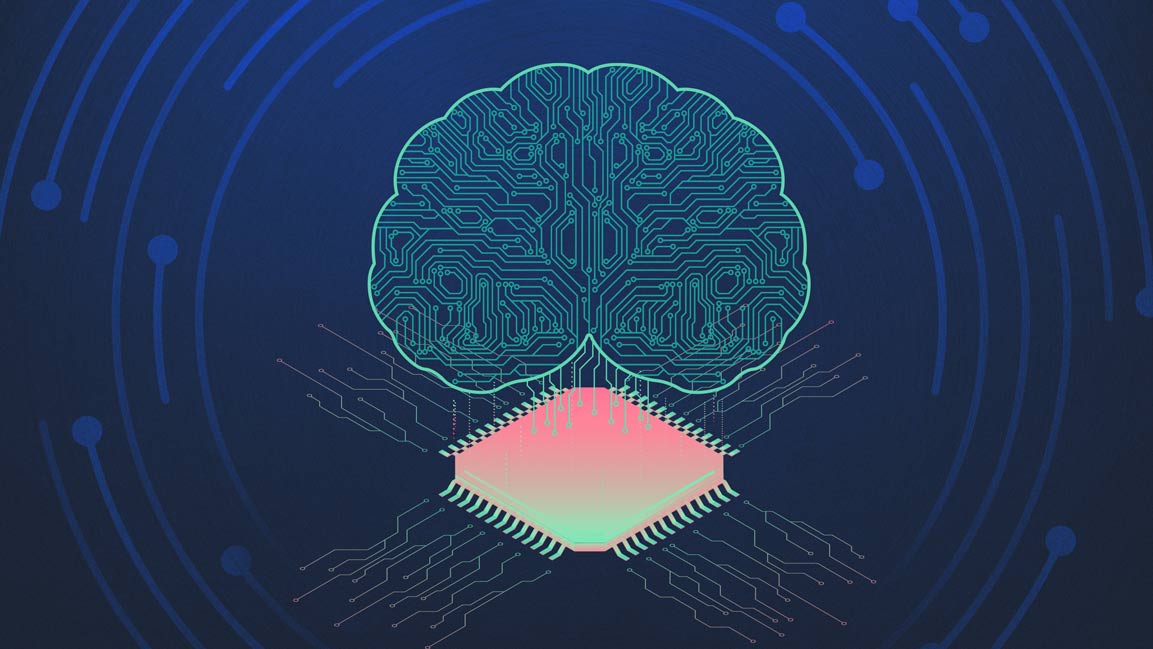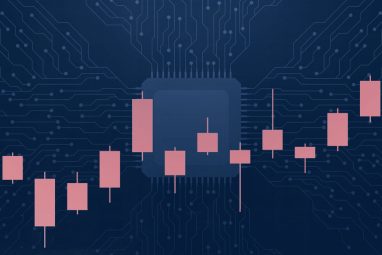In India Inc, AI Agents are Quietly Coming of Age
The question isn’t if AI agents will reshape enterprises, but how fast you’ll catch up
News
- Adani Power Sets Up Nuclear Subsidiary
- Musk Unveils xAI Overhaul, Lunar AI Ambitions
- Former GitHub CEO Dohmke Raises $60 Million to Build AI Code Infrastructure
- Leadership Shakeup Deepens at xAI as Two Co Founders Exit
- India Slashes Social Media Takedown Window to Three Hours
- Cisco Moves to Relieve AI Data Center Gridlock With New Chip

MIT Sloan Management Review India will host the Strategy Shift Forum, a gathering of MIT professors, global AI experts, and business leaders in New Delhi on August 19 to equip Indian leaders with critical insights into navigating the next wave of AI transformation. For more details, speaker announcements, and to request an invitation, visit here:
A quiet revolution is reshaping how Indian enterprises operate, with AI agents moving to the forefront. Once limited to automating routine and rule-based tasks, these agents are now emerging as cognitive, goal-driven co-workers that think, adapt, and optimize workflows with context and intelligence.
In a recent conversation with MIT SMR India, Ankur Kothari, Co-Founder & COO, and Adi Kuruganti, Chief Product Officer at Automation Anywhere, outlined how enterprise-grade AI agents are evolving beyond bots.
“Across our customer base, whether Indian corporates or global capability centers (GCCs), organizations are increasingly combining AI with automation to achieve end-to-end process automation. They’re identifying mission-critical and high-ROI processes and automating them fully,” Kothari said.
“The biggest differentiator is that AI agents are cognitive, not deterministic,” Kuruganti said. “They plan and adapt based on context, using metadata rather than customer data to maintain compliance while delivering intelligence.”
This evolution is already visible across sectors.
Top global pharma firms and oil and gas companies are already deploying these agents at scale, an analysis of company statements showed.
In India, a leading financial services company cut its loan approval time from a few days to just 30 minutes using AI-driven workflows.
Cost-Cutting to Value Creation
While traditional automation emphasized operational efficiency and cost savings, AI agents are shifting the focus to risk reduction, revenue generation, and customer experience.
A law firm launched an AI-powered tariff advisor, creating a new revenue stream in weeks. In another instance, a Brazilian oil company saved hundreds of millions by automating its tax function.
“We’re not just talking about doing things faster, but doing things differently, and better,” Kothari said.
This reflects broader trends across the Indian tech landscape.
IDC, in a recent report, titled ‘Augmenting Human Capabilities: The Role of Agentic AI in the Future of Work in India,’ said nearly half of Indian enterprises are now testing agentic AI solutions in a clear signal of the growing appetite for AI-native enterprise transformation.
Agentic AI, defined by the ability to act autonomously, learn continuously, and operate with contextual intelligence, is emerging as a transformative force at the heart of digital innovation.
“Agentic AI is not just another tech trend. It represents a paradigm shift in how people work and how enterprises operate,” said Neha Gupta, Senior Research Manager, Software and IT Services, IDC India, in the report.
Horizontal Platforms, Vertical Depth
As agentic AI creates new roles and collaboration models, tech vendors must adapt for a hybrid human–machine enterprise.
In Indian banks, AI agents now perform KYC checks with 90–95% accuracy and halve processing time.
Kuruganti said about 80% of enterprise needs are met with off-the-shelf solutions, and the rest customized using low-code tools.
Kothari added that their platform runs over 400 billion automations annually, with growing emphasis on interoperability through the Model Context Protocol (MCP) to link AI models and workflows seamlessly.
Ecosystem Momentum
The momentum is visible across the ecosystem. HCLTech, for instance, recently partnered with OpenAI to accelerate GenAI adoption. Their new platform, “AI Force,” focuses on building AI agents and copilots tailored to vertical needs in IT, finance, and customer support.
Tata Consultancy Services Ltd (TCS) introduced a “HumanAI” framework where AI agents work alongside humans. In the company’s annual report released in May, TCS chairman N. Chandrasekaran called GenAI a “civilizational shift” and emphasized the importance of agents that can augment, not replace, human work.
India, with its confluence of digital infrastructure, deep AI talent, and global operational hubs, is rapidly becoming the proving ground for agentic AI. GCCs are leading the charge, reimagining how IT, HR, finance, and even customer support functions operate with minimal human intervention.
“When machines arrived, China didn’t resist. They adopted and scaled. India can do the same with AI and automation,” Kothari said.
The Road Ahead
AI agents are no longer a futuristic concept. As IDC and enterprise leaders signal, they are a present-day priority and a fast-evolving competitive advantage.
The message from boardrooms is clear.
“I’ve had more meetings with CEOs and boards in the past 18 months than in the previous five years combined,” Kothari said. “AI agents are now a boardroom-level priority, either out of a desire to lead or a fear of missing out.”
With India poised to lead this charge, the real question for enterprises and tech providers alike is: how fast, and boldly, are you ready to reimagine what’s possible?





